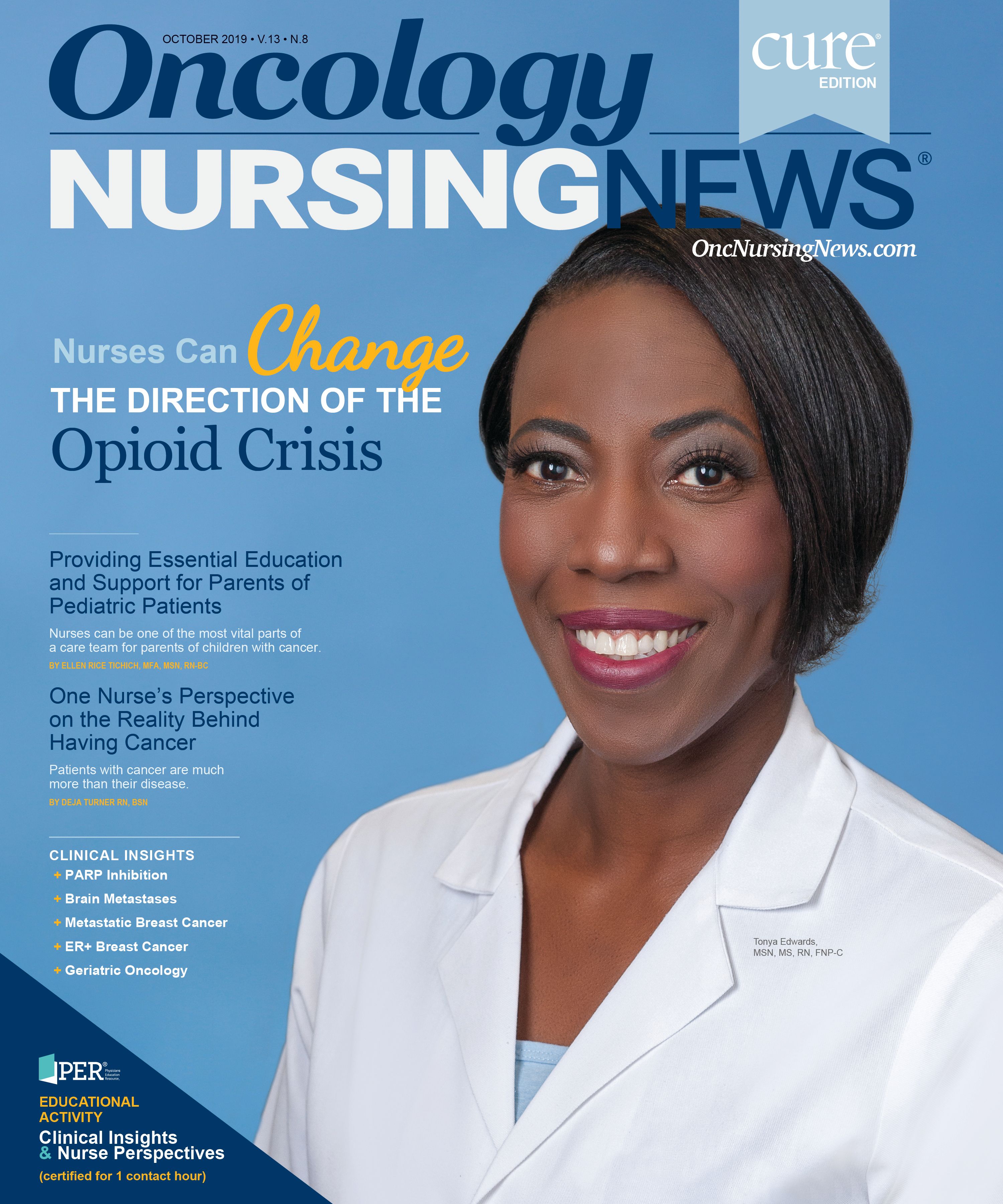What Are the Needs of Cancer Survivors 5 Years or More After Treatment?
For patients with cancer, their journey does not end after treatment is over.
As cancer survival rates increase, healthcare professionals may be treating more patients who are considered long-term survivors (5 years or more after treatment). The 5-year survival milestone is often a cause for celebration, but results from studies show that 20% to 30% of long-term survivors continue to have needs that nurses and other members of their healthcare team can address, at least in part.1,2
Survivorship comes with its own set of physical, emotional, and financial challenges. To promote good quality of life and autonomy, long-term survivors will need ongoing support. Healthcare teams can provide this by implementing survivorship care plans, using telemedicine, or bringing on more support staff, such as patient navigators.
Physical Needs
Even 5 years or more after treatment, patients can continue to experience the physical effects of cancer treatment, which may affect their ability to perform typical daily activities. These effects can include pain, neuropathy, sexual dysfunction, incontinence, and fatigue, among others. Some treatments lead to other health risks, such as damage to the heart, bones, or other organs, as well as an increased risk for other cancers.3
Patients often feel as if they’ve been cut off from their healthcare team a few years after treatment and that they have been left to deal with these issues on their own. Once patients stop seeing their oncologist regularly, nurses are perhaps in the best position to let them know who can address these salient concerns. Providing patients with detailed guidance can help them recognize that they have support as they continue through survivorship. Nurses can encourage some to call their primary care physician or educate others on how to stay in touch with their oncologist.
Psychosocial Needs
Long-term cancer survivors often have similar psychosocial needs as patients who have recently completed treatment. Although anxiety is highest in the first year or two after treatment completion, long-term survivors often continue to experience anxiety related to fear of recurrence. Survivors also sometimes experience ongoing depression, post-traumatic stress disorder, and poor body image.2
Patients should be screened for mental health and psychosocial needs on an ongoing basis. Ideally, this evaluation would be part of the conversation during follow-up visits and yearly checkups. Even if a patient is coping well during their first year in recovery, new issues may arise throughout their survivorship trajectory.
Although not all patients may be willing, or able, to seek formal mental health or counseling support, some may benefit from psychoeducation or peer support through groups or mentors.
Information Needs
Patients need information and tools to guide them in the right direction, and nurses are uniquely qualified to provide these resources. Patients want to get healthy, lose weight, and take action to prevent a recurrence. Information on diet, exercise, and lifestyle changes is an important part of cancer survivorship. This affords patients some control of their own and provides new ways to care for their health.
Nurses can steer patients toward excellent online and mobile resources for diet, such as Ina, the Intelligent Nutrition Assistant from Savor Health and CancerCare. This service provides patients and survivors with on-demand nutrition guidance through text messages, and many health insurance companies offer vouchers or reimbursement for gym memberships.
Survivorship Care Plans
Nurses can also help keep patients informed through survivorship care plans. Cancer survivors want to know what to expect once treatment is complete. After seeing their doctor frequently for months or years, patients may experience increased anxiety as they adjust to fewer visits. Survivorship care plans maintain the conversation about what the patient is experiencing throughout survivorship.
This tool assesses the patient as a whole person and can address many facets, including physical well-being, ongoing symptoms, mental and emotional health, financial needs, and reproductive or sexual concerns. These plans also allow providers, especially those outside the oncology team, to understand the specific needs of a patient.
Unfortunately, only about half of the top cancer centers in the United States use a survivorship care plan,4 even though they can access many versions of the tool online, such as the OncoLife Survivorship Care Plan from OncoLink (oncolife.oncolink.org).
Although many cancer survivors can move forward post-treatment with minimal psychological or physical distress, some need support 5 years or more after treatment.4 Healthcare providers, especially oncology nurses, are well-positioned to connect patients with the appropriate avenues of support for life after treatment.
References
- Burg, MA, Adorno G, Lopez ED, et al. Current unmet needs of cancer survivors: analysis of open-ended responses to the American Cancer Society Study of Cancer Survivors II. Cancer. 2015;121(4):623-630. doi: 10.1002/cncr.2895
- Foster C, Wright D, Hill H, Hopkinson J, Roffe L. Psychosocial implications of living 5 years or more following a cancer diagnosis: a systemic review of the research evidence. European J Cancer Care. 2009;18(3):223-247. doi: 10.1111/j.1365-2354.2008.01001.x.
- Painter K. Life after cancer: more survivors live longer, face new health challenges. USA Today. February 21, 2019. usatoday.com/in-depth/news/50-states/2019/02/13/life-after-cancer-survivors-oncology-survivorship-plans-long-term-health/2794121002/. Accessed September 3, 2019
- Harrison SE, Watson EK, Ward AM, et al. Primary health and supportive care needs of long-term cancer survivors: a questionnaire survey. J Clin Oncol. 2011;29(15):2091-2098. doi: 10.1200/JCO.2010.32.5167.




